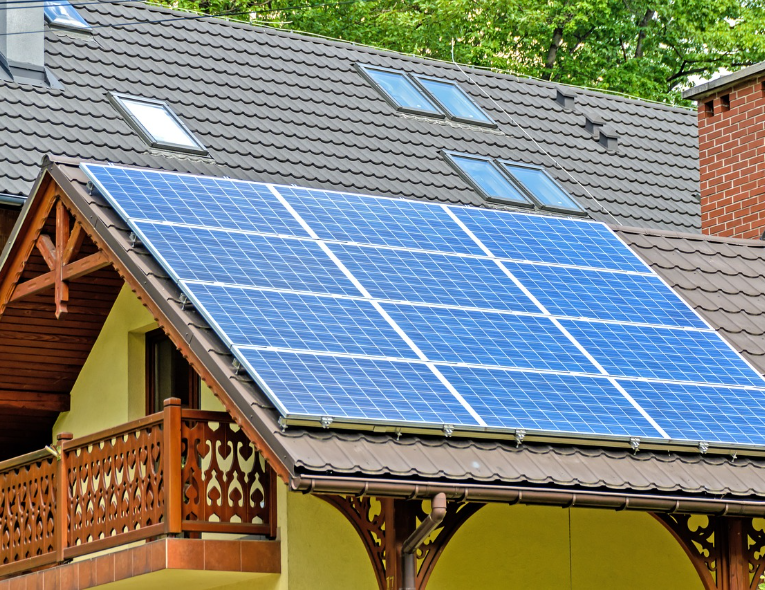Cape Town – South Africans investing in alternative water and energy systems — such as solar panels, inverters, and water storage — should be aware of the associated risks, warns Momentum Insure chief actuary Rudolf Britz.
While these solutions offer relief from the country’s ongoing power and water crises, they also come with challenges, including fire hazards, theft, poor installation, and weather damage, Britz told Daily Investor.
According to the report, Momentum Insure data shows that claims related to solar installations—particularly due to hail, theft, and power surges—more than doubled in 2023.
Britz emphasised the importance of proper installation, regulatory compliance, and adequate insurance coverage.
“With failing water and power infrastructure becoming a daily reality, South African homeowners and businesses are turning to alternative solutions,” the report quoted him as saying.
“These systems must be properly installed to avoid additional headaches further down the line,” he added. “If things aren’t done right, issues such as poor workmanship and faulty installations can lead to bigger problems.”
To mitigate risks, homeowners should ensure installations have a Certificate of Compliance (COC), use surge protection, and have an engineer assess structural integrity before installing solar panels or water backup systems. Britz also highlighted the need for alternative firefighting measures in case of water shortages.
Ultimately, he urged South Africans to plan ahead, secure the right insurance, and adhere to safety standards to safeguard their homes and businesses against infrastructure challenges.
MyBroadband reported in August last year that South African companies continue to reduce their reliance on Eskom despite over 130 days without load-shedding, mainly due to rising electricity costs.
The report said at the time that electricity tariffs have increased nearly 500% since 2008, prompting businesses to seek alternatives such as rooftop solar and wheeling, which allows them to buy power from Independent Power Producers (IPPs) at lower rates.
This shift threatens Eskom’s financial stability, as reduced demand from major clients like mines and industrial users cuts revenue.


